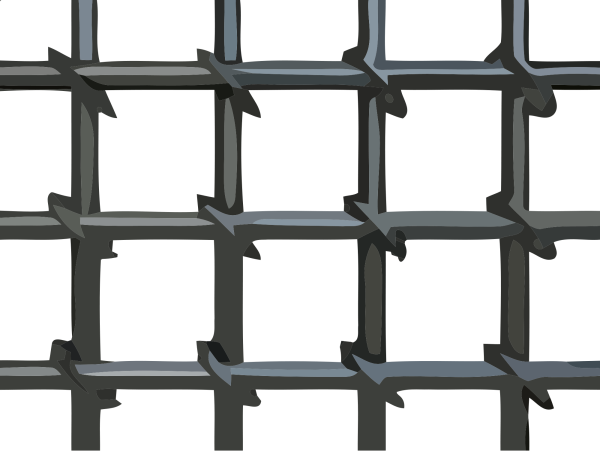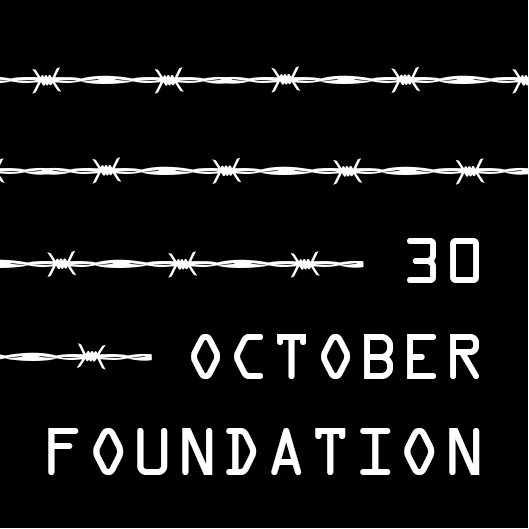From letters from Russia’s political prisoners
Anton Galeta, 42 years old.
Remand Centre-2, Ekaterinburg
Before I had direct experience with prison, I thought I understood the people who had gone through that trial. Now I have a fuller notion. My first impression was based on works by Solzhenitsyn and others and reinforced by the memoirs of my grandfather, who was “lucky” enough to serve “just” 10 years in prison camps for espionage. “Lucky” because his father, my great grandfather, got 25 years in 1930 for being anti-Soviet.
Considering that both of them were Ukrainians, and the fact that I, too, am behind bars, there is a certain paranoid impression that this country is gunning for my family. Who’s next? My daughter, my grandsons?
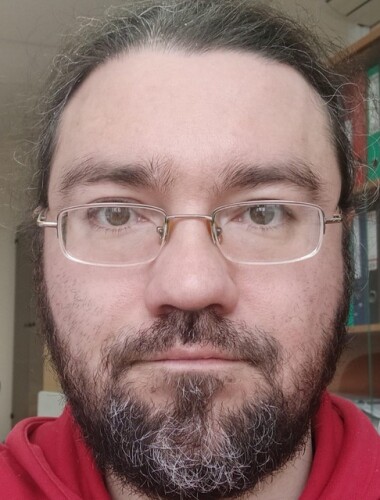
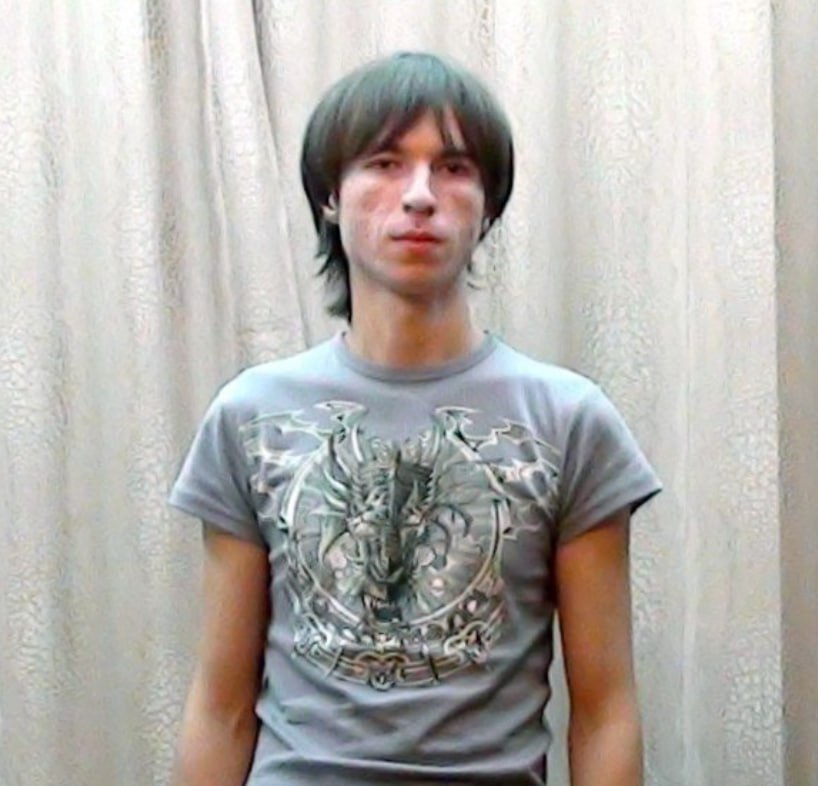
Aleksei Dmitriev, 42 years old.
Remand Centre-5, Ekaterinburg
Two and a half years ago, when I landed between these walls, I first thought this had to be a mistake. They’d sort this out any day now and let me go. Then the lady lawyer told me: “Don’t think you’ve landed in a fairytale,” she said, trying to convince me to confess my guilt. At the time I said that in my opinion, on the contrary, I had landed in a fairytale the likes of which Saltykov-Shchedrin is no match for. On that high note, we parted. Ever since, I’ve been saying I’m living in a fairy tale.
Anastasia Dyudyaeva, 47 years old.
Remand Centre-6, Petersburg
Right now I’m sitting in the remand centre, waiting on appeal. I’m an artist, and my husband is in another remand centre also waiting on appeal. He and I are partners in crime, he’s an artist, too, but more specialized—an artisan jeweler.
I’m an artist who for now can’t “brag” about my work, but I’m drawing in prison, too. Of course, I’ve had to choose slightly different themes, and my style has changed. My drawings are more positive than before, but now I’m here in isolation… I was always a productive artist, and here, too, I’ve drawn definitely more than a hundred pieces: lots of life drawings, portraits of cellmates, sketches from the courtroom, illustrations for Finnish fairytales, and other series of drawings. I’m also learning Finnish, I study every morning. I do exercises every rec period to stay in good physical shape…
On my birthday in the remand centre I drew my family, set up all the portraits along the bed, talked to them, and drew a piece of cake for each of them, and then we celebrated my birthday. At the time I was in a solitary cell in the FSB remand centre.
I’ve been sentenced to three and a half years, my husband to three, but the prosecutor wished it had been four apiece.
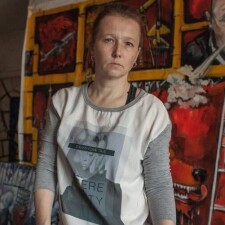
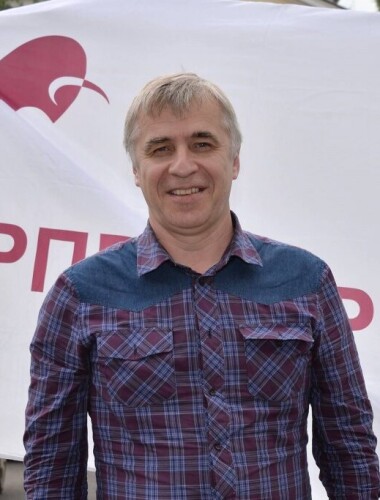
Andrei Edigarev, 62 years old.
Remand Centre-5, Ekaterinburg
I’ve been in the remand centre for one year and five months. In that time, the remand centre’s contingent has changed rapidly. Besides the growing number of political prisoners, there has been a notable increase in the number of people who took part in in the conflict. You can say they divide up into two groups. The “AWOLs,” who abandoned their units, started coming in especially actively in spring 2024. And then there are those who committed a crime after they returned to civilian life. Neither is anxious to return to the front, to put it mildly. There’s the a feeling here that if the fuse hasn’t been lit yet, the match has been brought close.
Zakhar Zaripov, 40 years old.
Remand Centre-1, Khabarovsk
I’ve never seen the kinds of conditions of confinement people supposedly enjoy in Russia: televisions, bedsheets, hour-and-a-half rec periods, weekly food purchases, and so on. In our reality, there’s none of this. The bread ration is 250 grams a day, and all the other provisions are many times smaller than they’re supposed to be. Do you know what we call supper? “The evening cemetery.” Because it consists of broken grain in fishbone bouillon.
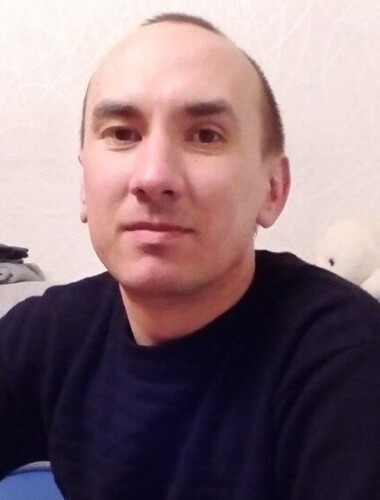
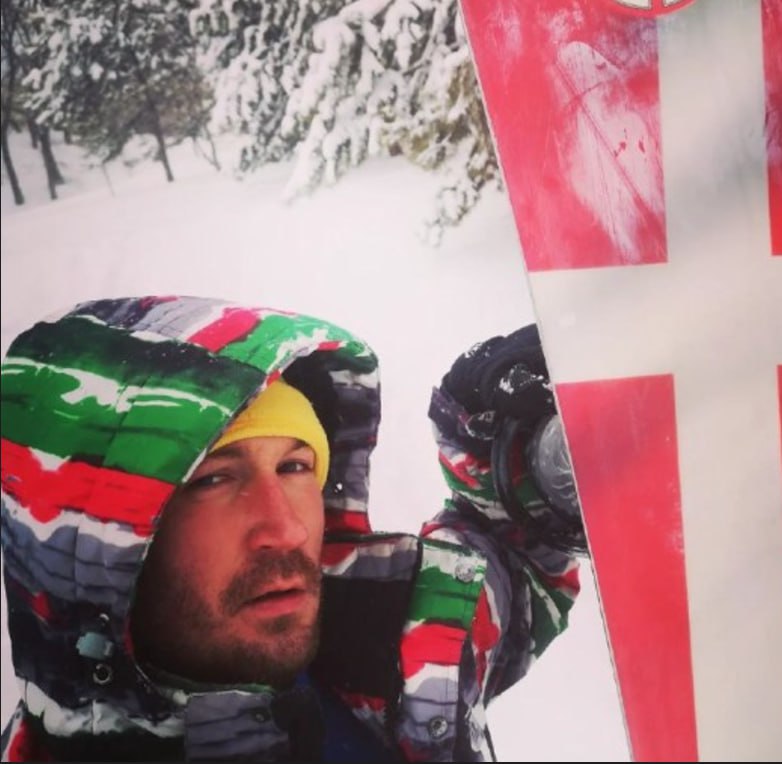
Angel Nikolaev, 40 years old.
Remand Centre-1, Khabarovsk
Regarding passing the time in isolation. It’s important not to waste time but to do something that will be of use in the future. Especially good motivation are the people around you who are satisfying only their most basic needs. Looking at them, you really don’t want to become like them. Every day without fail, physical exercise, reading useful literature…
I’d really like to believe that one day this nightmare will end and people will stop dying in vain, and the whole country will be freed from the totalitarian regime.
Kirill Nikulenkov, 19 years old.
Remand Centre-8, Sergiev-Posad
It’s already turned cold here, and today I went out for my rec period wearing my jacket. The air and frost reminded me of my native Arkhangelsk. That made me feel better.
Then I got your letter, and that warmed me, thank you so much. I regret I only helped political prisoners financially. I should have written more. In any case, everything lies ahead. I believe that everything will be fine.
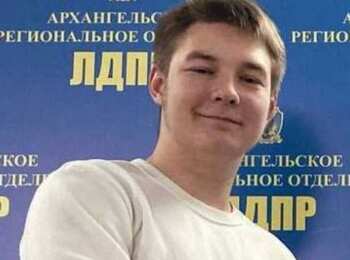
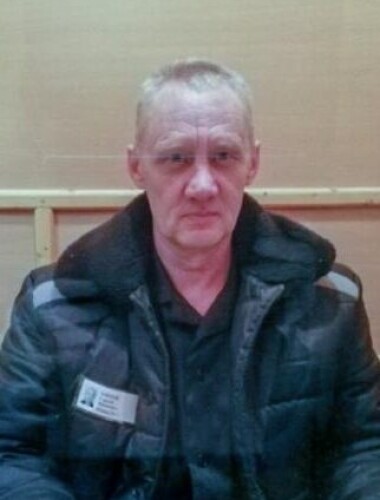
Sergei Ozerov, 52 years old.
Penal Colony-27, Kirov Oblast
I can cite many examples of how labels affect people’s consciousness. A definite stigma: enemy of the people, terrorist, extremist, and so forth. I often hear this and see the reaction. But for the evil there is always good.
Once they arrested me and started stigmatizing me in public, my mama couldn’t go outside and look people in the eye. Only after they deemed me a political prisoner did changes happen inside her—she now looks people boldly in the eye. If only for the sake of that, it’s worth finding the counterweight to evil.
Dmitry Tomilin, 23 years old.
Remand Centre-5, Ekaterinburg
You know, sometimes I catch myself thinking: that was cool joking around with the guys, having a delicious meal today, and also going to take a shower. And then it hits me: what shower? what guys? I’m in prison. None of this is the norm here. There’s a better life, and it’s at liberty. Sometimes it’s scary to forget, and sometimes you think it’s easier that way. What do you think? Is it better to forget and make your peace with it or to keep remembering life at liberty?
